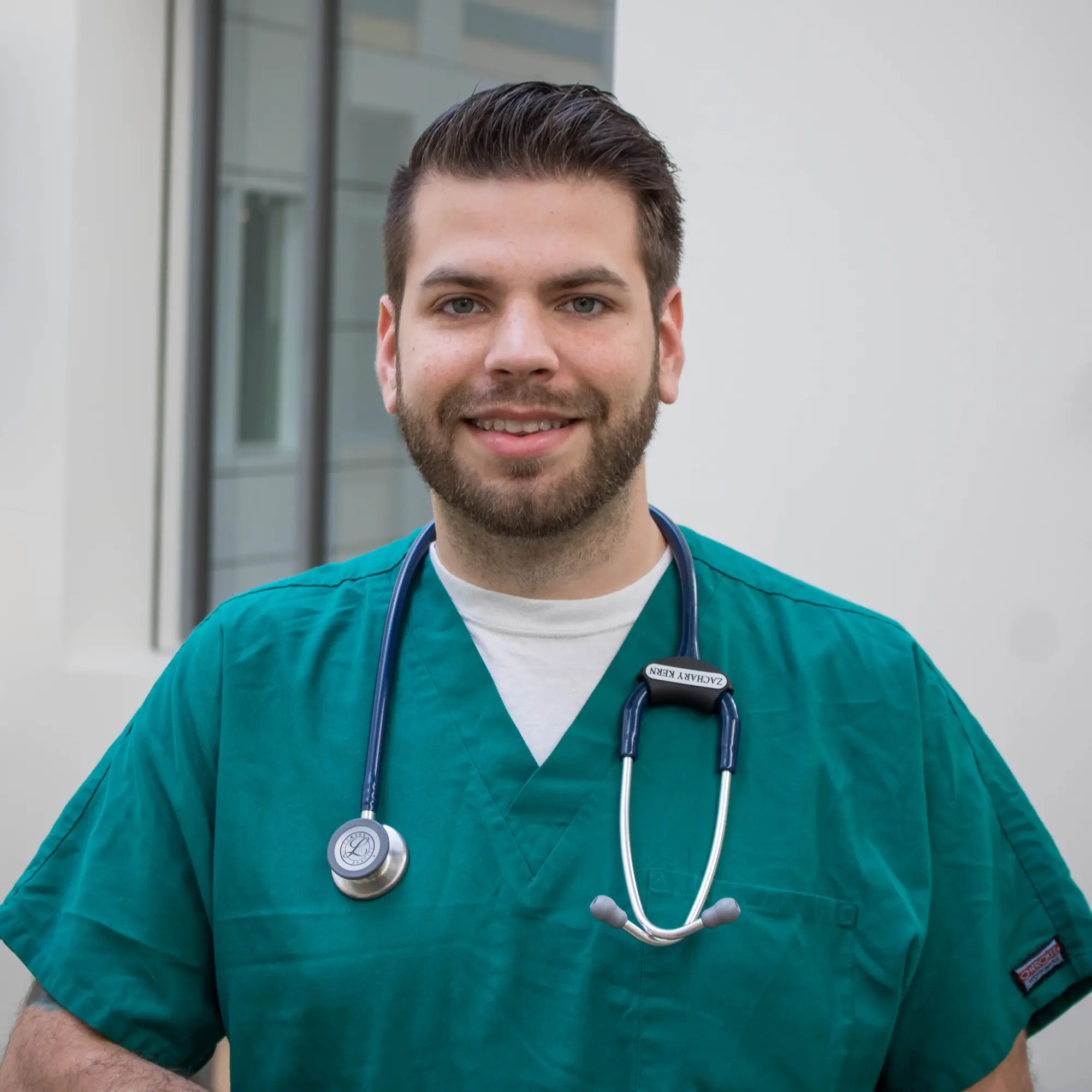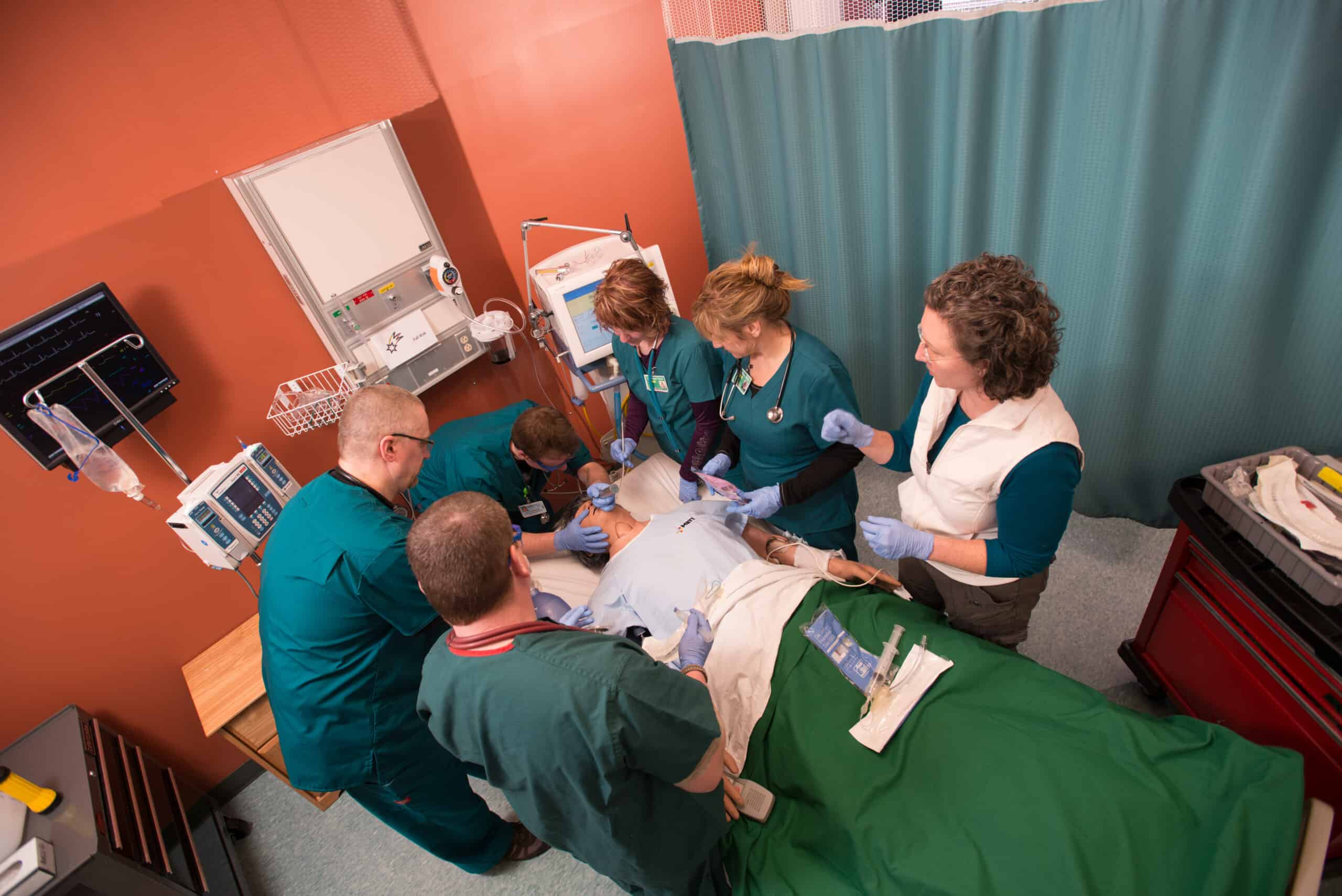*Special scholarship available for this program from UVM Health Network. See scholarship information in the program highlights.
Why Study Respiratory Therapy at Vermont State?
- Vermont’s Only Program: Our Respiratory Therapy degree is the only one in the state. You’ll study in the heart of Vermont, where Vermont State’s focus on support and caring for students aligns with the values of our community-minded state.
- Scholarships: Vermont State partners with the University of Vermont Health Network to offer a tuition-free scholarship program for qualified students. For students accepted into this program, the UVMHN scholarship will cover tuition costs after state, federal, and institutional aid have been applied. Please note: This scholarship does not cover books or living expenses. UVMHN employees: Please see employee information here. Please contact Elga Gruner with questions: Elga.Gruner@VermontState.edu.
- 100 Percent Job Placement Rate: All our Respiratory Therapy graduates from 2020, 2021, and 2022 were employed within six months of graduating. You’ll meet the requirements of many respiratory therapist job descriptions.
- Employment Opportunities: Vermont State graduates work in healthcare settings around the region, including at the University of Vermont Medical Center, Dartmouth-Hitchcock Medical Center, Rutland Regional Medical Center, Central Vermont Medical Center, and Albany Medical Center.
Request Information
Sample Courses
- Respiratory Clinical Field Experience
- Respiratory Internship
- Respiratory Care Pharmacology
- Cardiopulmonary Disease
Student Stories

“I can only imagine how scared patients can be when they lose their ability to effectively breathe on their own. My goal is to make a difference in the lives of my patients so they can go back home to their families and live in hopefully better conditions than the condition they were admitted in.”
Zachary Kern






